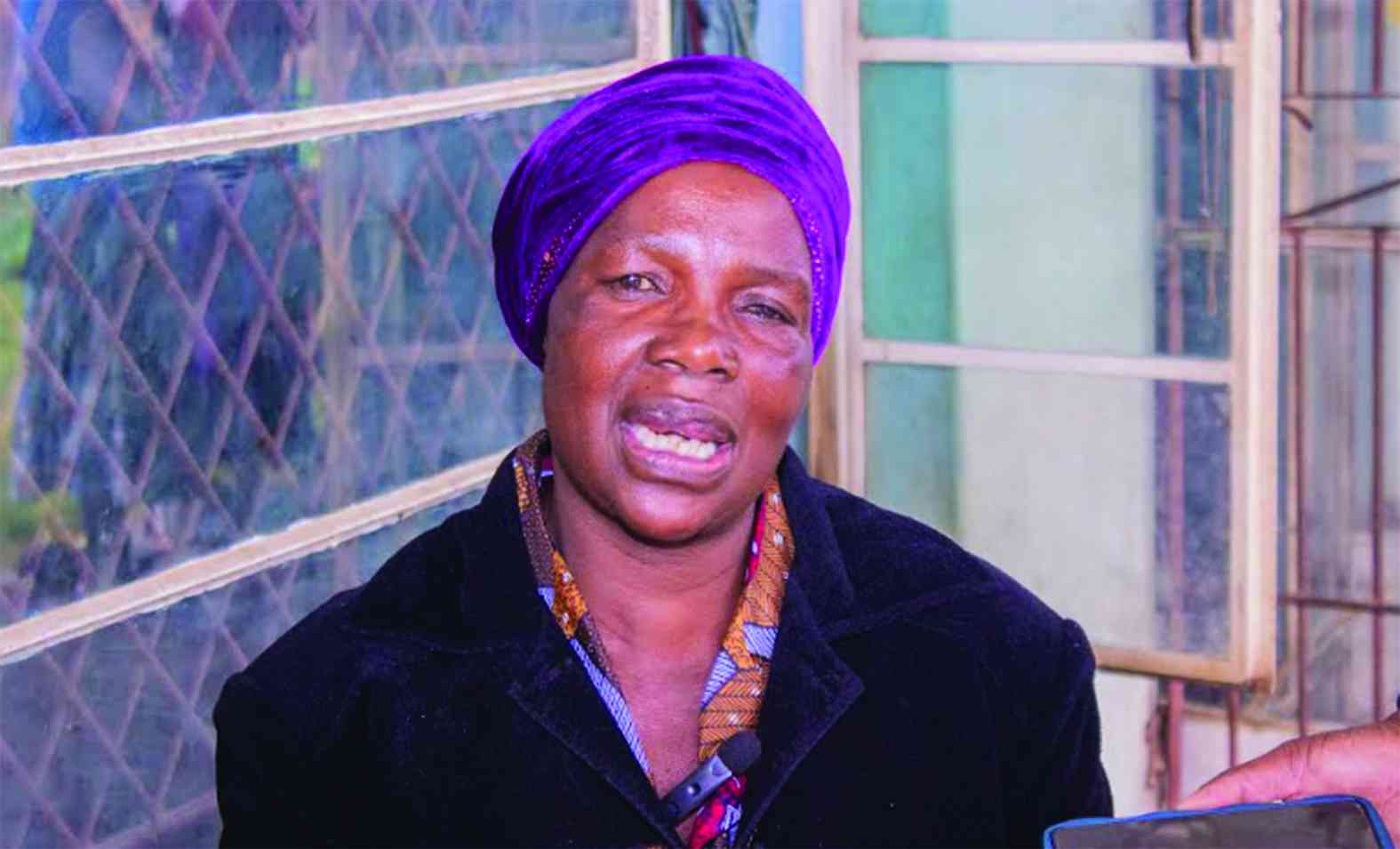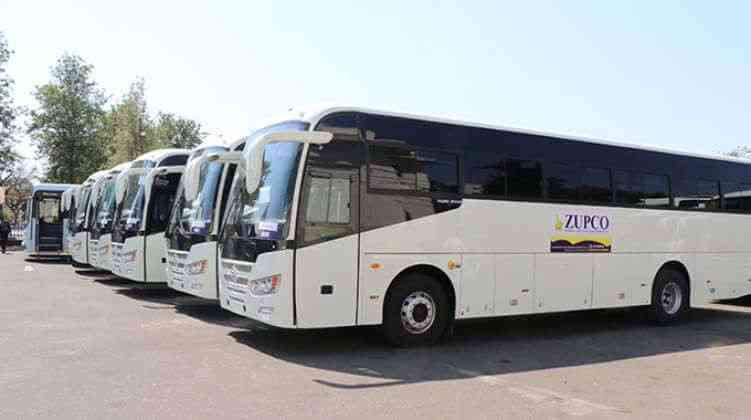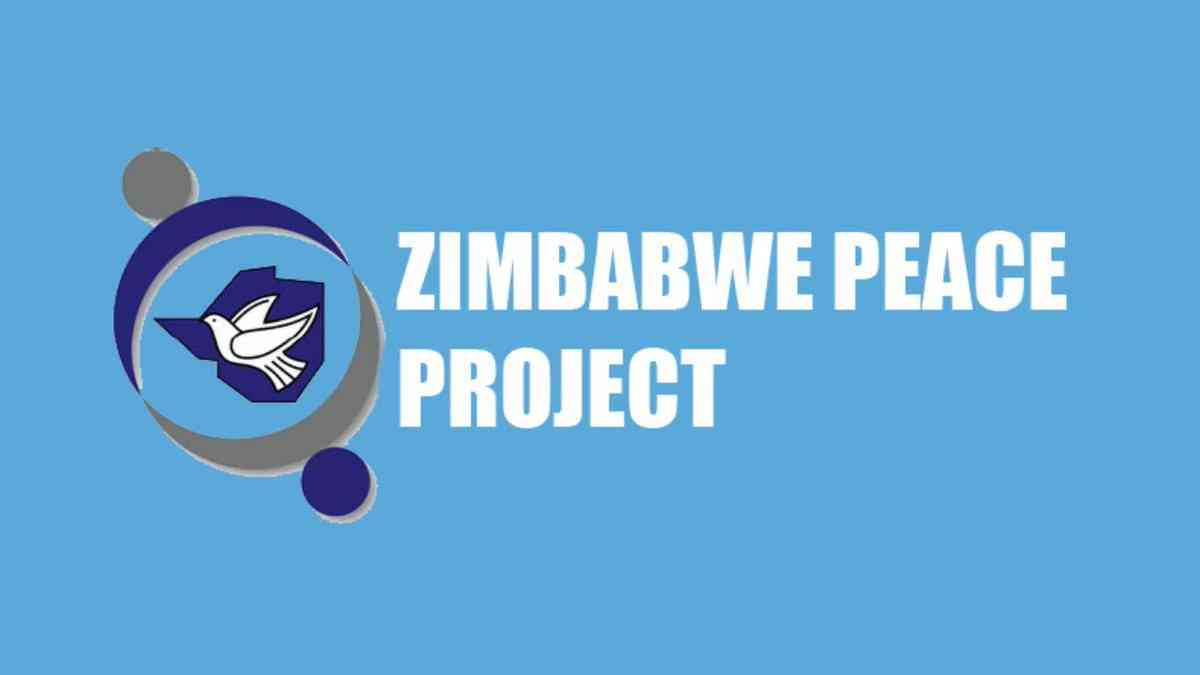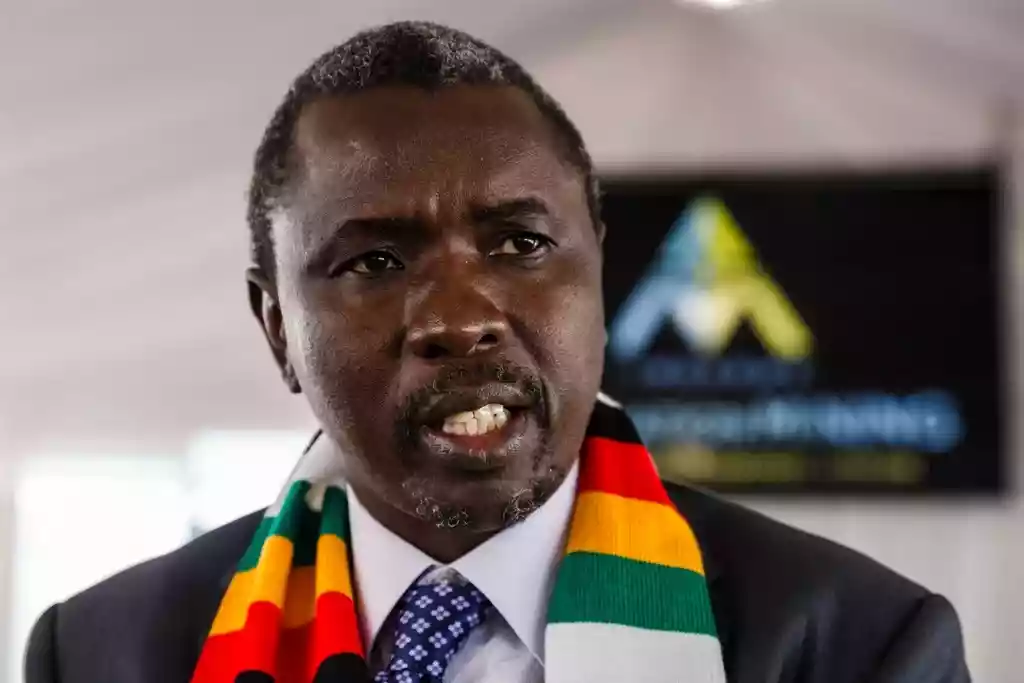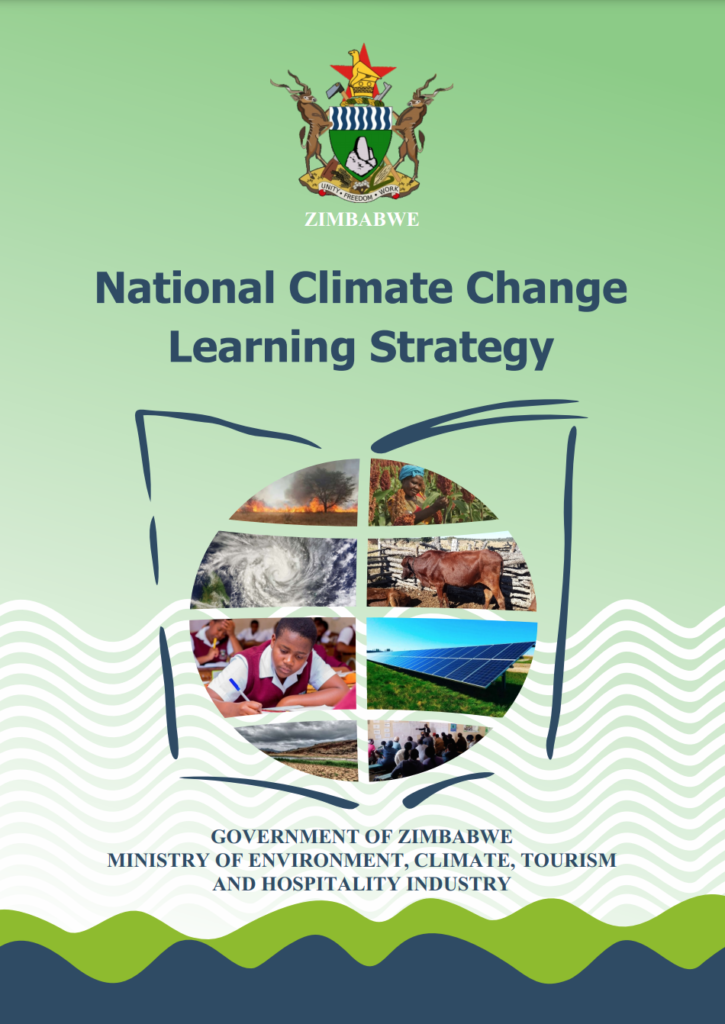
INGER-METTE Stenseth, co-founder of the World Climate School, has announced plans to launch a pioneering climate change school in Zimbabwe. The initiative aims to equip young people with the knowledge and skills to address the urgent challenges posed by climate change.
NewsDay reporter Sharon Buwerimwe (ND) caught up with Inger-Mette Stenseths (IMS) to share her vision for the school. Below are excerpts from the interview:
ND: Why have you chosen Zimbabwe as the location for the launch of the climate change school? What factors influenced this decision?
IMS: I chose Zimbabwe for the World Climate School because of my personal connection to the country, which goes back to 1993. Zimbabwe is facing serious climate challenges, such as desertification, drought, and wildlife conservation issues, and I believe it’s crucial to address these. The school will use culture, arts, and sports to engage communities and raise awareness about climate change, while also encouraging creative, local solutions.
ND: Can you tell us more about the location of the school? Is it based here in Harare, or are there plans for additional campuses in other parts of the country or region?
IMS: The school will initially be based in Harare, but we plan to expand to other areas, including Victoria Falls, Bulawayo, and Lupane. While we’re starting with an online platform, we will eventually launch a physical campus. I’m currently in Zimbabwe to carry out a feasibility study and figure out the best way forward.
ND: The Climate Change School -when is it going to be launched?
IMS: We plan to launch between April and March 2025, with preparations continuing until 2026. We’ll be hosting a pre-launch event in Victoria Falls during the International Conference and Expo on Renewable Energy in March 2025, where we’ll bring together international partners to collaborate on climate solutions.
- Zim to launch school of climate change
Keep Reading
ND: Who will be eligible to attend the school? Are you targeting specific age groups, communities, or educational backgrounds?
IMS: The focus will be on youth, particularly those aged 14 to 34. We want to empower them through climate education and innovation. This includes not just university students, but also young people in non-formal education, like those involved in community organizations, sports clubs, and activities such as recycling. We’re all about teaching the importance of the circular economy—where waste is reused and reduced—because that’s a key solution to climate change.
ND: Beyond Zimbabwe, has the World Climate School opened any other institutions in Africa or other continents? How do you plan to expand the reach of climate education globally?
IMS: We’re already active in several countries, including Norway, the U.S., and Europe, and expanding globally through online platforms. We aim to bring climate education to major events like COP30 in Brazil in 2025, and I’m excited to showcase Zimbabwe’s unique solutions to climate change, especially in areas like biodiversity and desertification.
Zimbabwe has the potential to lead in climate action, and we want to create solutions here that can be applied globally. The key is collaboration—youth, governments, businesses, and communities all working together. Climate change education should be inspiring, just like the energy in a football match, and we need to ensure gender balance in climate action too.
In the end, the goal is to empower young people, bring creative solutions to climate change, and make Zimbabwe a model for global climate education.



